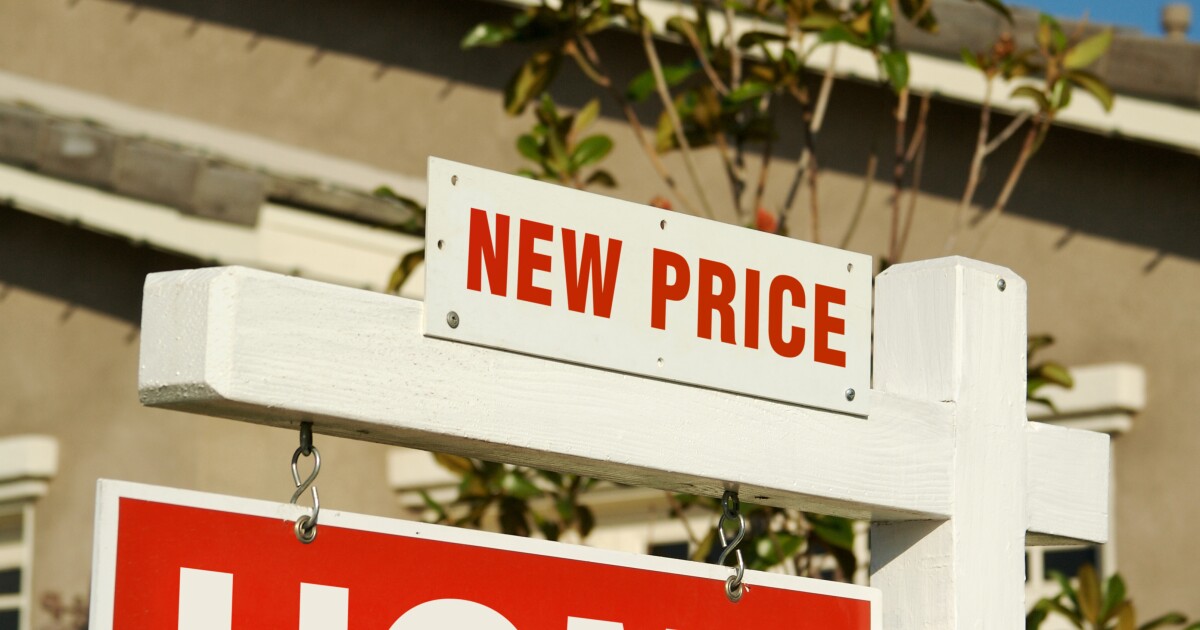
The vast majority of metropolitan statistical areas in the United States have become overvalued, Standard & Poor’s found in a new report reflecting fourth-quarter 2021 data.
The percentage of MSAs with price-to-income ratios above their 15-year averages has risen to 88% from 50% in the ratings agency’s previous study, which was released Oct. 29. Homes were overvalued by an aggregate 15% in the fourth quarter, compared to 5% in the earlier report.
Overvaluation and decreasing affordability could create a housing bubble, which would reduce returns from securitized-mortgage property liquidations in adverse scenarios where depreciation occurs, but experts have tended to downplay the risk.
So far, “while customers are seeing increases in interest rates and housing prices, the demand is there,” said Nick Ron, founder and CEO of House Buyers of America, whose company is focused on serving the Mid-Atlantic region.
While most MSAs now are considered overvalued, the extent varies by area and some exceptions exist.
At the high end of the scale is Boise City, Idaho, where prices were 69.16% above their historic value, according to S&P’s analysis. In contrast, San Francisco, California — an example of how once-hot markets can soften — was undervalued by 15.28%.
That said, the migration trends that have driven some homebuyers away from markets like San Francisco and into areas like Boise could reverse.
“It is likely that pandemic-related migration has already peaked, and segments of the population may be returning to densely populated areas,” S&P analysts Jeremy Schneider, Megan Benegar, Sujoy Saha and Tom Schopflocher said in their report.
But migration patterns so far remain in flux.
“Remote work and geographic dispersion have yet to reach a new steady-state, and whether there will be any corresponding secular shift remains unclear,” the S&P analysts said.



